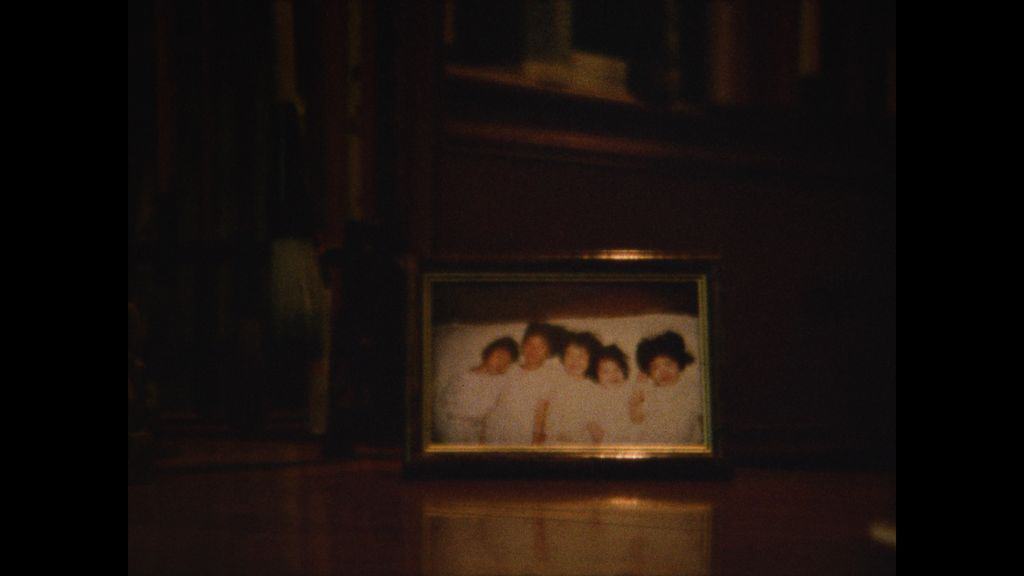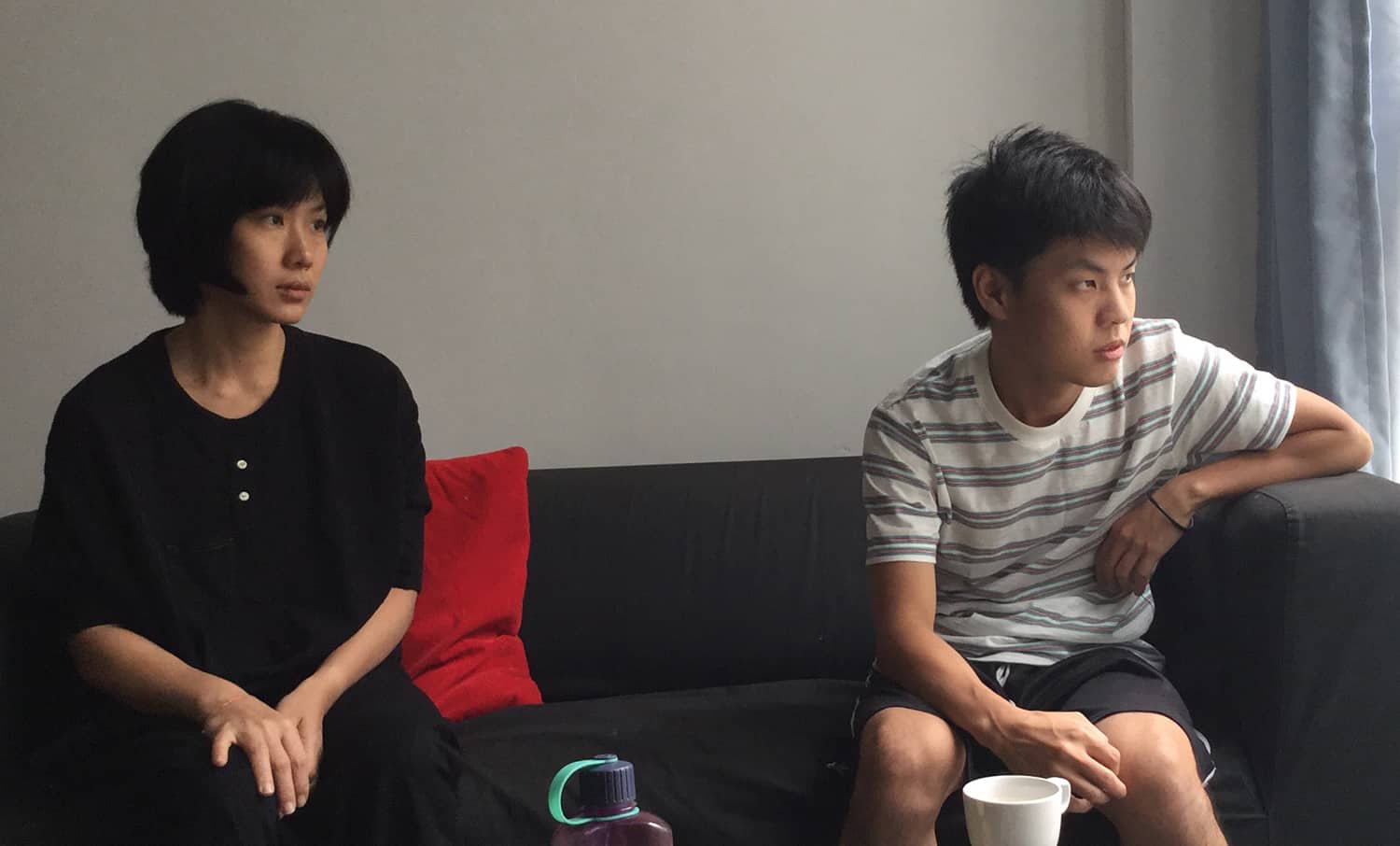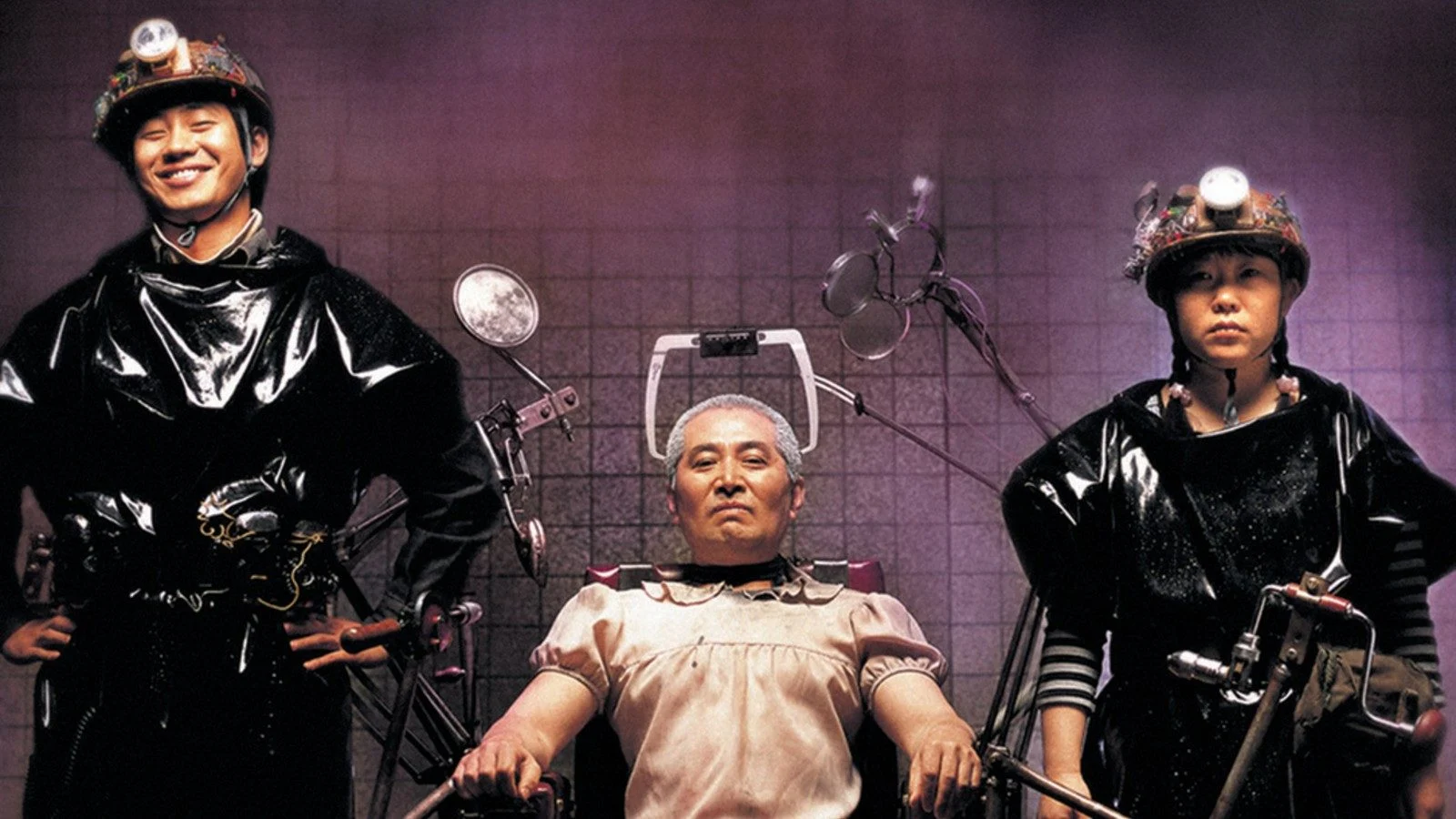In many countries, the time of colonialism has left as significant mark. India, Australia and South Africa, to name but a few former colonies, have made it their duty to remind their people of these times, through national holidays, political events and also museums, exhibitions or other cultural events. However, for present and future generations, who will thankfully never experience this time again, it is quite taxing to cherish and appreciate what has been left behind and how their country once was a culture defined by repression and other authoritarian practices. In order to not fall into the trap of showing just one perspective to colonialism, directors Mahardika Yudha, Robin Hartanto Honggare and Perdana Roswaldy have joined forces in their collaborative effort “Tropic Fever”, a blend of cinematic essay and documentary, which is based on the memories of a Dutch plantation owner in Sumatra, Indonesia.
Tropic Fever is screening at DOKLeipzig

Told in three chapters, “Tropic Fever” recounts the progression of colonialism by considering the hierarchy and changing architecture of the plantation as well as the island of Sumatra itself. Over the course of 59 minutes, the filmmakers have incorporated a plethora of archival material, both written and recorded, ranging from silent movies to blueprints or statistics showing the harvests and organization of a tobacco plantation. Throughout the feature, you are confronted with the perspective of the colonized and colonizers, the conditions of the workers as well as their families on the one hand, and the life of the Europeans on the other hand.
Roughly in the middle of “Tropic Fever”, the directors have chosen to make use of Rudyard Kipling's infamous quote of “East is East and West is West (and never the twain shall meet)” which seems to sum up what we, the viewers, have observed thus far. Given the bizarre differences between European upper class, dressed all in white or cream-colored clothing, and the workers on the field, the statement not only rings true, but also points at the core of the problem of two cultures never fully coming together, especially when one of them considers the other one inferior.
However, the filmmakers, at the same time, divert from the simplistic notion of the quote, highlighting the ways the two cultures have penetrated each other and then repelled one another. The recurring image of the jungle is one of the many symbols in this evocative, at times even provocative visual essay which suggests something deeper, for example, with the idea of malaria making the colonizers ill or the feeling of melancholia deeply embedded in the image, emanating the idea of home for some and creating a longing for the culture left behind in Europe.
In conclusion, “Tropic Fever” is a highly artistic blend of visual essay and documentary. Mahardika Yudha, Robin Hartanto Honggare and Perdana Roswaldy have managed to make a film which challenges the narrative of the colonized by incorporating the view of the colonizers and their culture, culminating in a story which, through its sheer amount of material, gives its viewer an impression of the clash of two cultures.
















